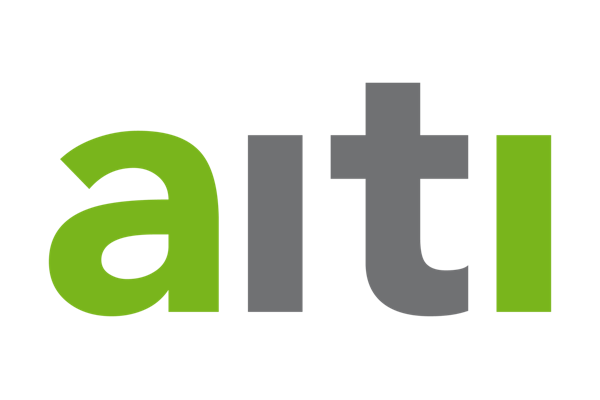Standard Operating Procedures (SOPs) describe critical procedures in detail. They guarantee these processes’ quality, safety, and efficiency and ensure compliance with regulatory requirements.
Standard operating procedures are used in these areas
- Pharmaceutical development and manufacturing: In the pharmaceutical industry, SOPs are essential to ensure that drugs are produced consistently by establishing precise procedures for manufacturing, quality control and packaging. This includes everything from the synthesis of active ingredients to the final inspection of the finished product.
- Biotechnology: In biotechnology, SOPs standardise experiment performance, the handling of biological samples, and the operation of laboratory equipment. This is important for achieving reproducible results and ensuring the integrity of research data.
- Clinical research: SOPs play a crucial role in clinical research by specifying standard procedures for clinical trials. This includes patient recruitment, data collection, adverse event reporting and data protection measures to ensure compliance with ethical guidelines and regulatory requirements.
- Quality assurance and quality control: SOPs for quality assurance and quality control are indispensable in all areas of the life sciences. They define how quality tests should be carried out, how equipment should be calibrated and how documentation should be maintained to ensure compliance with industry standards and regulatory requirements.
Advantages of SOPs
- Improved quality: SOPs help to avoid errors and enhance the quality of products and services.
- Increased safety: SOPs minimise risks and improve the safety of people and the environment.
- Increased efficiency: SOPs optimise processes and procedures and lead to an increase in efficiency.
- Improved compliance: SOPs help companies to comply with regulatory requirements and avoid sanctions.
To summarise, SOPs ensure quality, safety, efficiency and compliance in numerous areas. They are particularly indispensable in highly regulated sectors such as the pharmaceutical and medical technology industries.
Further areas of application for SOPs
- Medical facilities
- Food industry
- Chemical industry
- Energy industry
- Construction industry
- IT industry


